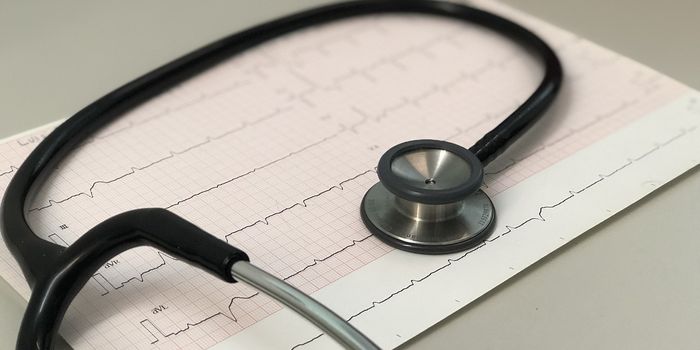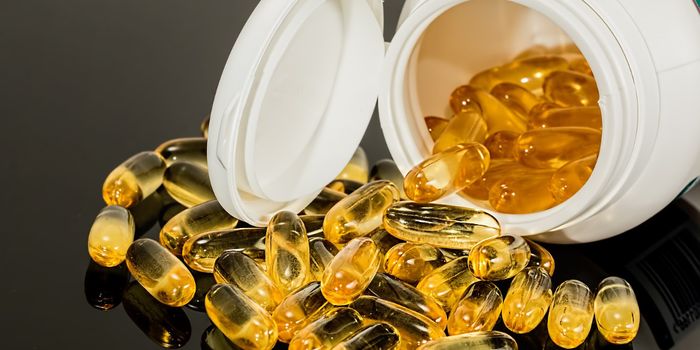How Gut Microbes May Link a High-Fat Diet and Heart Disease
Cardiovascular disease is the leading cause of death around the world. Atherosclerosis is known to be a major contributor to cardiovascular illness, and for years, researchers have recognized the connection between atherosclerosis and gut microbes. The many microorganisms in our gastrointestinal tracts serve important functions, but they can also influence the development of different diseases. A metabolite called TMAO (trimethylamine-N-oxide) is generated by gut bacteria, typically when they are digesting animal products eaten by their human host, and it's been suggested that TMAO influences the development of atherosclerosis.
Researchers have now learned more about these connections. Reporting in Science, a team of researchers used an animal model to investigate how epithelial cells that line the intestine are impacted by a high-fat diet. Gut bacteria and their metabolites have to be sequestered in the gut. When the epithelial cells lining the gut become damaged and the lining gets leaky, gut microbe metabolites can escape, and may cause inflammation or other problems. This study indicated that high fat diets can cause inflammation and disrupt the epithelial cells that line the gut.
Mitochondria serve a variety of functions but are well-known as the powerhouses of cells. In an animal model, the mitochondrial uptake of oxygen was impaired by a high-fat diet, and nitrate levels in intestinal mucus were increased.
That creates an environment which promotes the growth of harmful microbes, and increases the production of a bacterial metabolite called TMA (trimethylamine). TMA is converted to TMAO in the liver. The researchers observed that the amount of harmful Enterobacteriaceae microbes, such as E. coli, were also elevated after these changes in the gut.
“It was known that exposure to a high-fat diet causes dysbiosis - an imbalance in the microbiota favoring harmful microbes, but we didn’t know why or how this was happening. We show one way that diet directly affects the host and promotes the growth of bad microbes," noted senior study author Mariana Byndloss, D.V.M., Ph.D., assistant professor of Pathology, Microbiology and Immunology at Vanderbilt University Medical Center.
This work also determined that in an animal model, a drug called 5-aminosalicylic acid can reduce TMAO production and help restore the integrity of epithelial cells in the intestine.
“This is evidence that it’s possible to prevent the negative outcomes associated with a high-fat diet,” Byndloss suggested. A drug like 5-aminosalicylic acid could potentially be used with a probiotic to restore a healthy intestinal environment while boosting the levels of beneficial microbes, she added.
Byndloss noted that effective therapeutics for cardiovascular disease can only be created once we fully understand the links between our gut microbes and our health.
Sources: Vanderbilt University, Science









